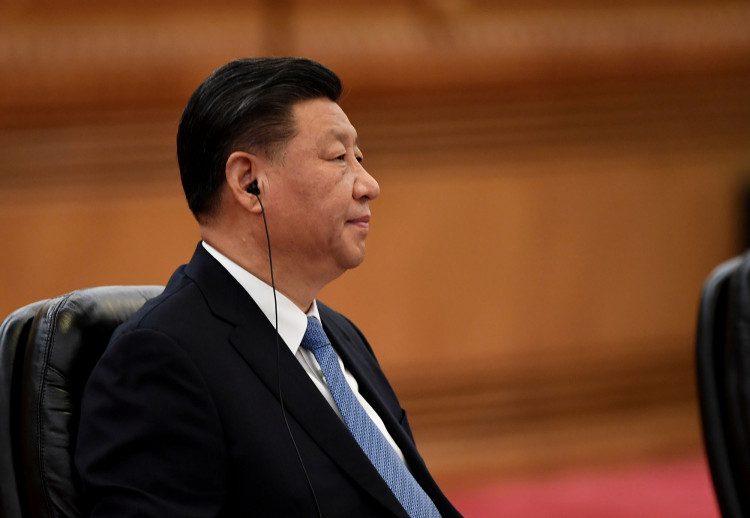Chinese President Xi Jinping has removed General He Weidong, the second-highest-ranking officer in the People's Liberation Army (PLA), in what analysts describe as the most politically significant military purge since the Cultural Revolution. U.S. and Chinese sources confirmed the ousting, marking the first time in over 50 years that a uniformed politburo member has been publicly disgraced.
He Weidong, one of two vice chairmen of the Central Military Commission (CMC) and a member of the 24-person Communist Party Politburo, had not appeared in public for several weeks. His absence from high-level meetings, including a Politburo strategy session and a tree-planting ceremony led by Xi, fueled speculation that he had been sidelined.
The Financial Times, citing U.S. officials, reported that He was removed in recent weeks following an internal investigation. He had earlier missed a key Politburo session on Chinese diplomacy and skipped the annual public event intended to showcase military alignment with Party leadership.
"The fact that Xi Jinping can purge a CMC vice-chair shows how serious he is about stamping out corruption in the military," said Neil Thomas, a fellow at the Asia Society Policy Institute. "Xi wants to turn the PLA into an effective fighting force beyond China's borders but also into a complete servant to his domestic agenda."
No official reason has been given, but sources say He is the latest target in Xi's broadening anti-corruption crackdown, which previously removed Admiral Dong Jun's predecessors, Wei Fenghe and Li Shangfu, in 2023. The Ministry of Defense has declined to comment directly on He's status, stating only, "There is no information in this regard, and we are not aware of the situation."
He's removal follows the November suspension of Miao Hua, the CMC's political commissar, for "serious violations of discipline," a phrase commonly used to denote corruption. A U.S. Department of Defense report published last year said that corruption has significantly disrupted China's military modernization plans.
In 2023, Beijing's forces "experienced a new wave of corruption-related investigations and removals of senior leaders which may have disrupted its progress toward stated 2027 modernization goals," the Pentagon's annual China military power report stated.
Between July and December of last year, at least 15 senior PLA officers and defense industry executives were dismissed. Investigations have centered on the PLA Rocket Force, which oversees China's nuclear and space programs. Two of its former commanders are currently under investigation after an internal audit revealed severe structural issues in missile silo infrastructure.
Pentagon officials, who initially confirmed rumors of He's removal, noted the similarities to the disappearances of Li and Wei, both of whom were ultimately accused of bribery and other crimes. The language used by Chinese authorities regarding He's disappearance mirrors early statements made before those prior high-profile purges.






